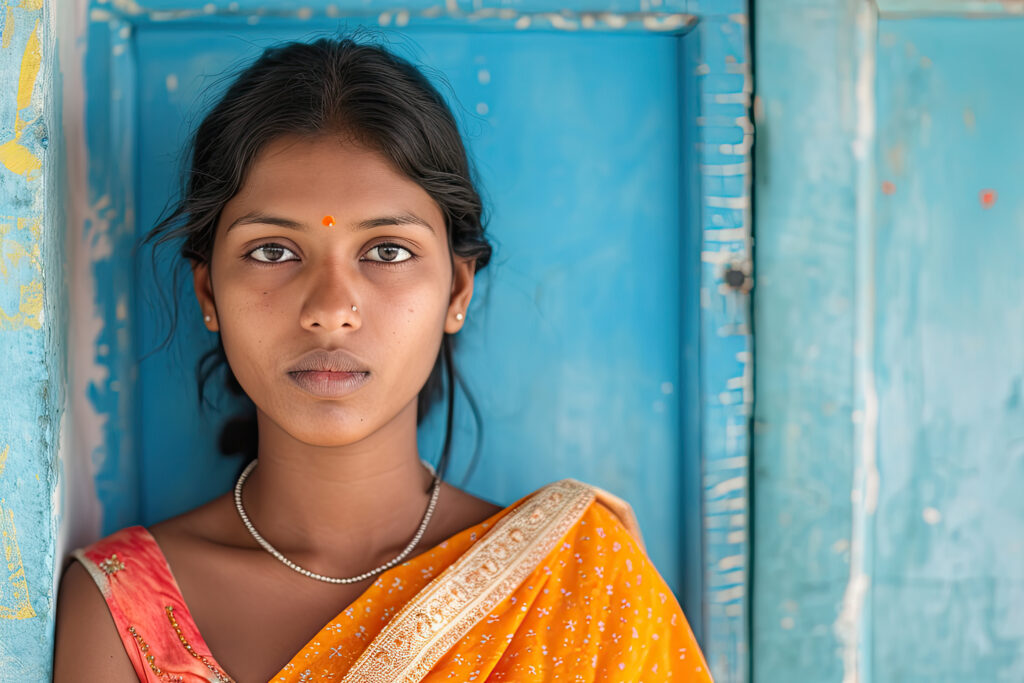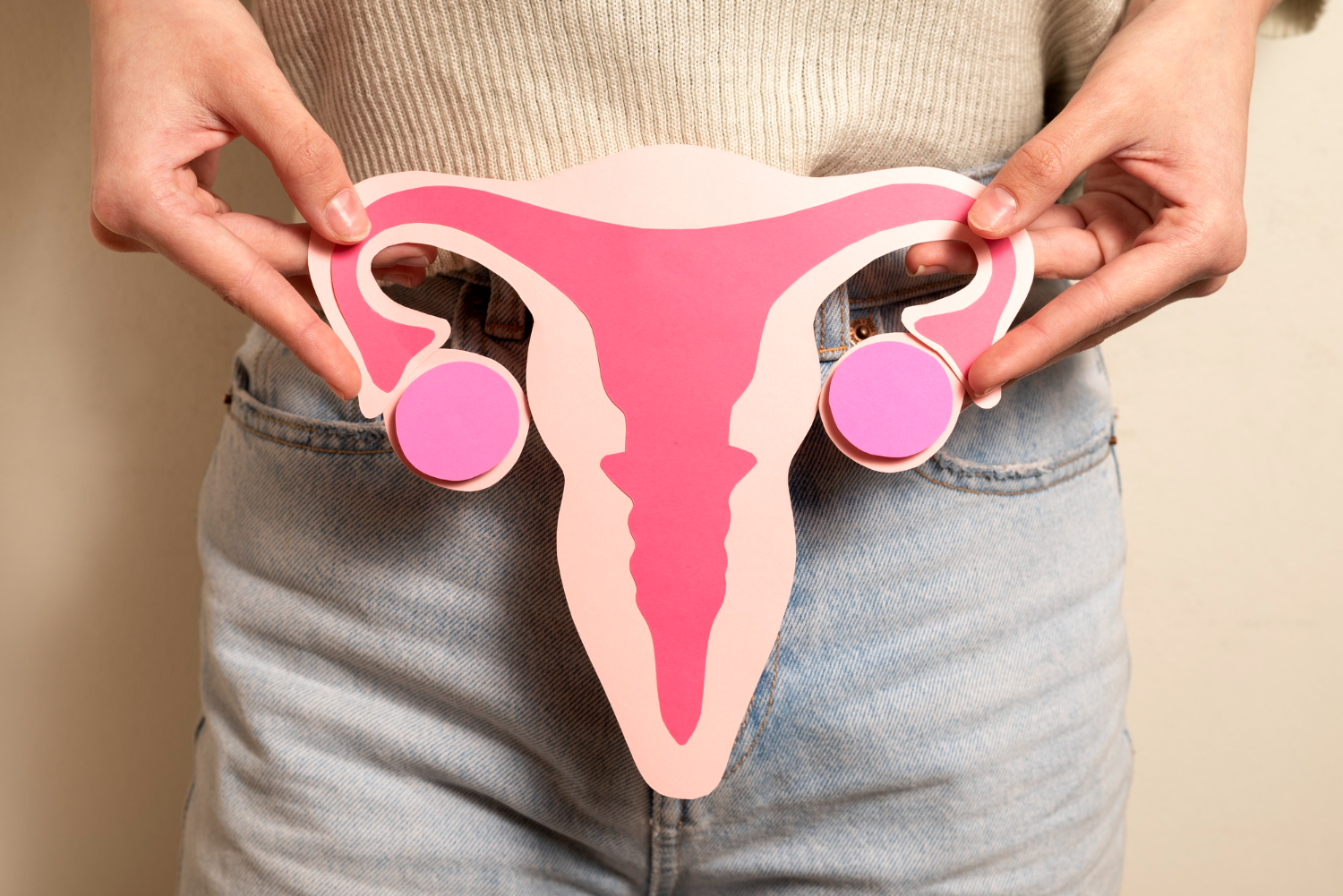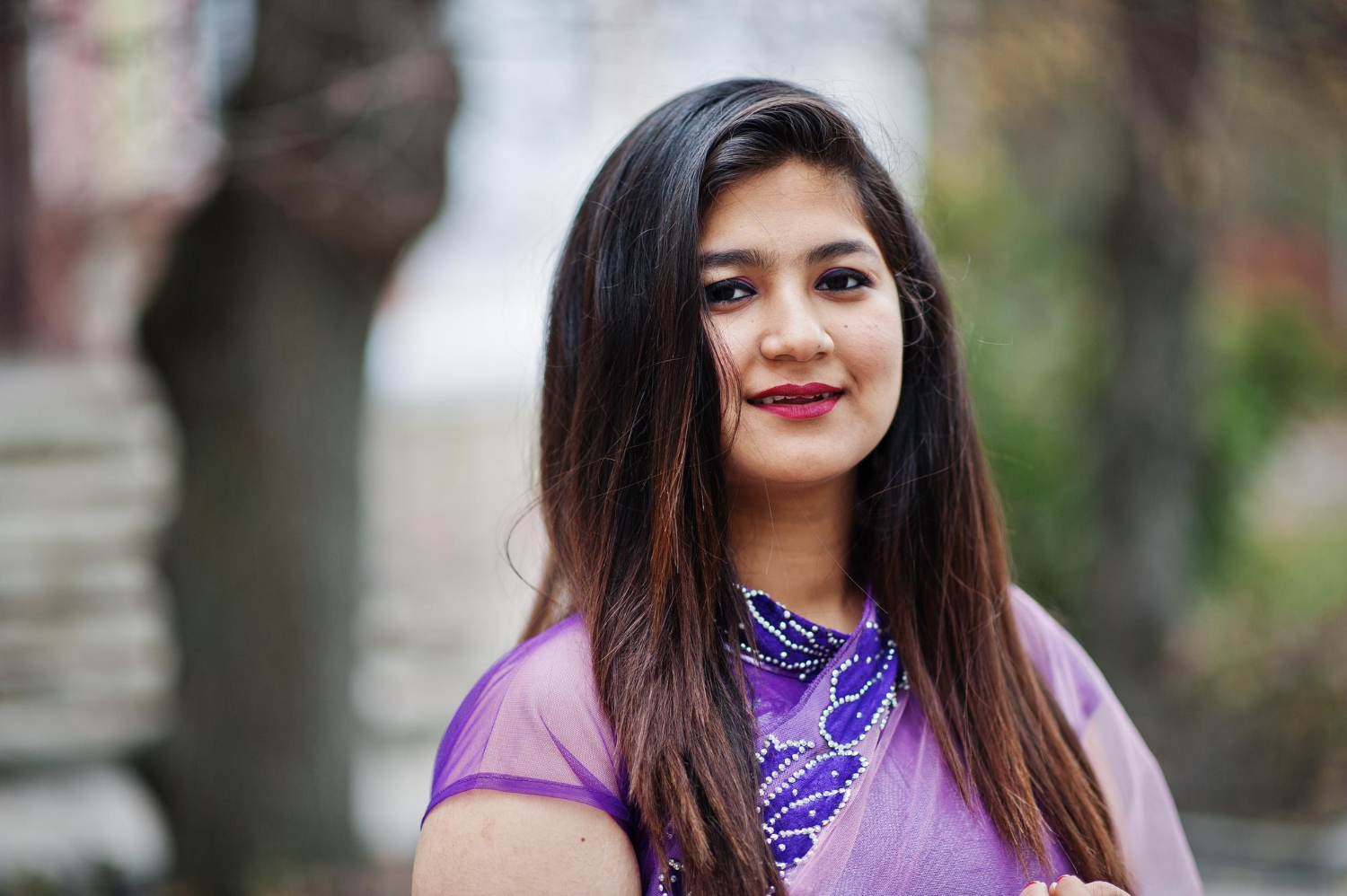Understanding Your Fertility and the Power of Egg Freezing
In India, the conversation around a woman’s “biological clock” often carries significant weight, intertwined with cultural expectations and personal aspirations. While life progresses at its own pace, the reality of our reproductive years is governed by a natural timeline. For many Indian women navigating careers, further education, or waiting for the right life partner, the idea of aligning personal milestones with their fertility can feel like a balancing act.
This is where the empowering concept of egg freezing, also known as oocyte cryopreservation, comes into play. It offers a proactive way for women to take control of their fertility journey, essentially hitting a pause button on their biological age when it comes to their eggs.
Let’s clarify the difference between your chronological age – how many years you’ve lived – and the biological age of your eggs. As women age, the quality and quantity of their eggs naturally decline. This decline significantly impacts the chances of conceiving. The prime reproductive years, often considered in the 20s and early 30s, are when egg quality is generally at its peak.
Egg freezing in India is gaining increasing recognition as a valuable tool for fertility preservation. By freezing eggs at a younger age, women can potentially safeguard their chances of having biological children when the time is right. It’s about making informed reproductive choices that align with their life plans.
Why are more and more Indian women considering this option? The reasons are varied and deeply personal:
- Career and Education: Many women prioritise their professional growth and academic pursuits, delaying motherhood until they feel more established.
- Finding the Right Partner: For those who haven’t yet found their life partner, egg freezing offers the security of preserving their fertility while they wait.
- Medical Reasons: Women facing medical treatments like chemotherapy, which can harm fertility, can freeze their eggs beforehand. Similarly, those with conditions like endometriosis or PCOS that might impact future fertility may opt for this proactive step.
- Personal Empowerment: Ultimately, egg freezing provides a sense of control and empowerment, allowing women to make choices about their bodies and future families on their terms.
In essence, egg freezing is about understanding your fertility window and making a conscious decision to preserve your options. It’s about acknowledging the biological clock’s ticking but managing its impact on your life’s timeline.
The Egg Freezing Journey: Process, Timing, and Costs in India
Embarking on the journey of egg freezing in India involves a well-defined process, and understanding each step can make the decision feel less daunting. Here’s a breakdown:
The egg freezing process typically begins with an initial consultation with a fertility specialist. Your medical history will be reviewed during this stage, and some preliminary tests might be recommended. These often include blood tests to assess your ovarian reserve, such as the Anti-Müllerian Hormone (AMH) test, and sometimes a transvaginal ultrasound to visualise your ovaries.
If you decide to proceed, the next step is ovarian stimulation. This involves hormone injections, usually self-administered, to stimulate your ovaries to produce multiple mature eggs instead of the single egg that typically matures each month. The type and dosage of these ovarian stimulation injections will be tailored to your profile.
Throughout the stimulation phase, you’ll have regular monitoring appointments, including blood tests and ultrasounds, to track the growth and development of your follicles (the sacs containing the eggs). Once the follicles reach the optimal size, a trigger injection is administered to finalise egg maturation.
The next crucial step is the egg retrieval procedure. This is a minimally invasive outpatient procedure, usually performed under mild sedation. Using an ultrasound-guided needle, the doctor will gently aspirate the fluid from the follicles, which contains the eggs.
Once the eggs are retrieved, they are taken to the embryology lab, where they are assessed. The mature, high-quality eggs are selected for freezing. The method used for freezing is typically vitrification, a rapid freezing technique that significantly improves the survival rate of the eggs compared to older, slower freezing methods. Vitrification essentially freezes the eggs so quickly that ice crystals don’t have time to form, which can damage the delicate cellular structures.
Finally, the vitrified eggs are cryopreserved and stored in specialised tanks filled with liquid nitrogen at extremely low temperatures, pausing their biological clock. They can remain safely stored for years until you decide to use them.
Now, let’s talk about timing. As mentioned earlier, the best age for egg freezing is generally considered a woman’s late 20s to early 30s. This is because egg quality is typically higher during these years, which can lead to better outcomes when you decide to thaw and use them in the future. However, it’s essential to understand your ovarian reserve, which can vary from woman to woman. Tests like the AMH level can provide insights into your ovarian reserve, helping you make a more informed decision about the right time. While the late 20s to early 30s are ideal, egg freezing can still be a viable option for women in their late 30s and sometimes even early 40s, depending on their circumstances.
Understanding egg freezing costs in India is also important. The egg freezing price can vary depending on the clinic, the city, and the specific protocols used. Generally, the cost includes the initial consultation, medications for ovarian stimulation, the egg retrieval procedure, the freezing process, and the annual cost of oocyte cryopreservation or storage fees. You might find that the initial cycle cost is separate from the yearly storage charges. It’s also worth noting that some women may undergo more than one cycle of egg freezing to bank a desired number of eggs, which would naturally increase the overall expense. When researching fertility clinic costs in India, it’s wise to inquire about the complete breakdown of charges to avoid surprises.
What to Expect: Success Rates and Making the Decision
Understanding the potential success rate of egg freezing is crucial when considering the procedure. It’s important to remember that egg freezing doesn’t guarantee a pregnancy; instead, it significantly increases the chances of having biological children in the future.
Several factors influence the success rate when you use your frozen eggs. One of the most significant is your age at freezing. Eggs frozen when a woman is younger (ideally under 35) generally have a higher chance of resulting in a successful pregnancy compared to eggs frozen later in life. This is primarily due to the better quality of younger eggs.
The number of eggs frozen also plays a vital role. Generally, the more mature eggs you have frozen, the higher the cumulative chance of achieving a pregnancy. Your ovarian reserve will influence the number of eggs retrieved in each cycle.
The technology and expertise of the IVF clinics in India that you choose are also important. Clinics with experienced embryologists and advanced vitrification techniques have better success rates. While specific live birth rates from frozen eggs can vary, it’s encouraging to know that advancements in cryopreservation have led to outcomes comparable to using fresh eggs in many cases, especially when the eggs were frozen at a younger age. For instance, success rates can be high (e.g., above 90% survival after thawing) for eggs frozen from women under 35.
Deciding where to undergo egg freezing is a significant decision. It’s advisable to research and choose a reputable fertility centre in India. Factors to consider include the clinic’s experience with egg freezing, the qualifications of the doctors and embryologists, the technology they use, and their reported success rates. Reading reviews and scheduling initial consultations with a few clinics can help you make an informed choice.
Janitva IVF (https://www.janitvaivf.com/) is one such option you might consider exploring.
Addressing some common concerns and dispelling egg freezing myths is essential. Some women worry about the safety of the procedure or the health of babies born from frozen eggs. Extensive research has shown that egg freezing is a generally safe procedure with minimal long-term risks. Furthermore, babies conceived from frozen eggs have not demonstrated an increased risk of abnormalities compared to those conceived naturally or through fresh IVF cycles. Understanding these facts can help alleviate any anxieties you have.
Empowering Your Future: Egg Freezing as a Choice
At its core, egg freezing is about fertility empowerment. It provides women with the agency to make proactive decisions about their reproductive future, independent of the constraints of their biological clock. In a society where women often feel pressure to align their personal and professional lives with a perceived timeline for motherhood, egg freezing offers a liberating alternative.
Women are investing in their future selves by choosing to freeze their eggs. It’s a way to create more options and flexibility, allowing them to pursue their career goals and educational aspirations or wait for the right personal circumstances without the added pressure of their declining fertility playing a dominant role. This sense of control can bring significant peace of mind.
Future family planning becomes less about reacting to the ticking clock and more about making deliberate choices at the right time for the individual. Egg freezing allows women to prioritise their present while safeguarding their potential for a biological family later. It acknowledges that the path to motherhood is unique for everyone and provides a means to navigate it with greater autonomy.
This proactive approach to fertility also underscores the importance of reproductive autonomy. Women can make informed decisions about their bodies and reproductive health. Egg freezing is one powerful tool that supports this autonomy, enabling women to chart their course toward building a family on their terms and timeline.
Taking Control of Your Biological Clock
In the Indian context, where family and societal expectations often intertwine with a woman’s reproductive journey, egg freezing emerges as a significant and empowering option. It offers a tangible way to address the concerns associated with the natural decline of fertility with age, allowing women to make choices aligned with their personal and professional aspirations.
Women take control of their biological clock by preserving their eggs at a younger age. This proactive step can provide a sense of security and the freedom to pursue their life goals without feeling constrained by a ticking timeline. Egg freezing is not just a medical procedure; it’s an investment in future possibilities and a testament to the growing awareness of reproductive autonomy.
Suppose you’re considering your options for future family planning and want to learn more about how egg freezing can help you preserve your fertility and capture your younger biological age. In that case, we encourage you to explore further and consult a fertility specialist. Taking this step can empower you to make informed decisions about your reproductive future, on your terms.





